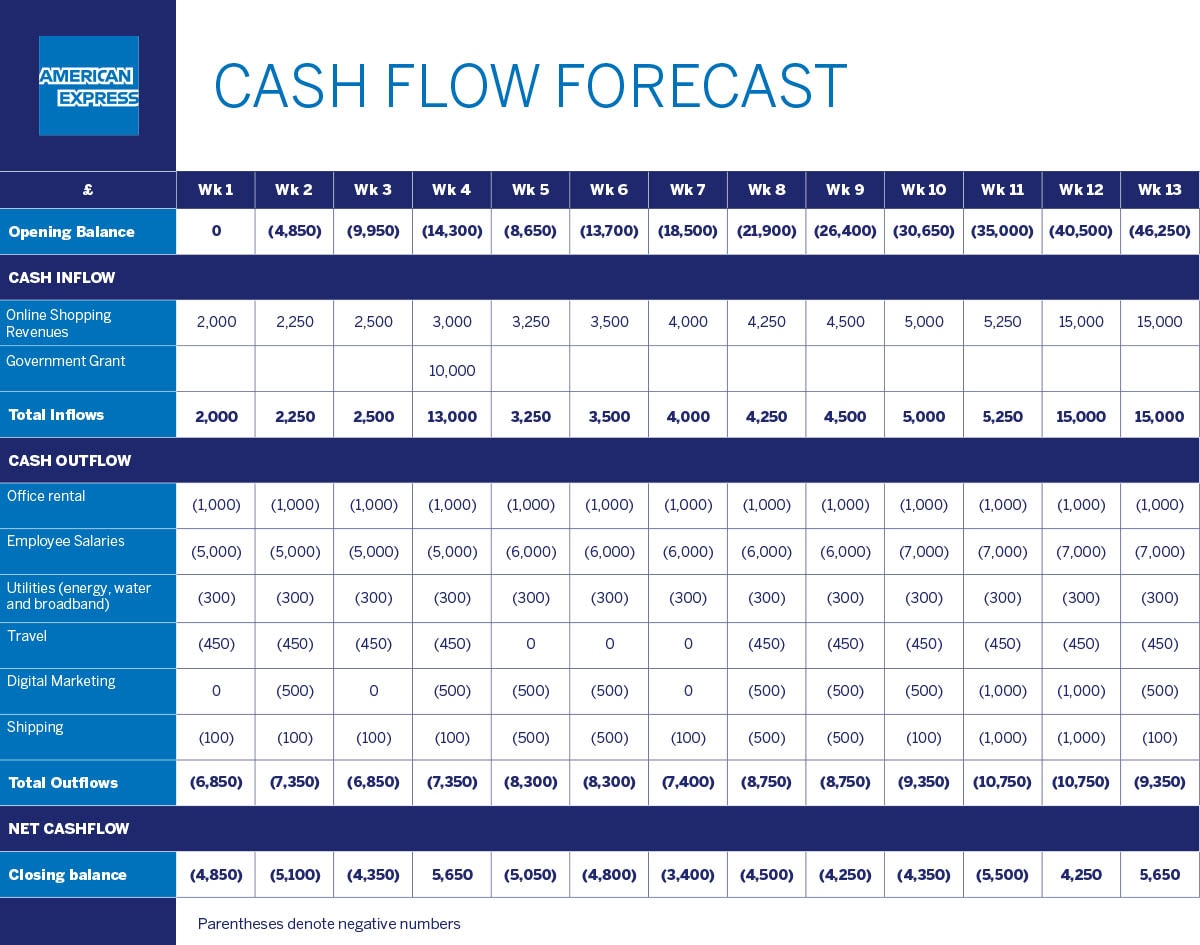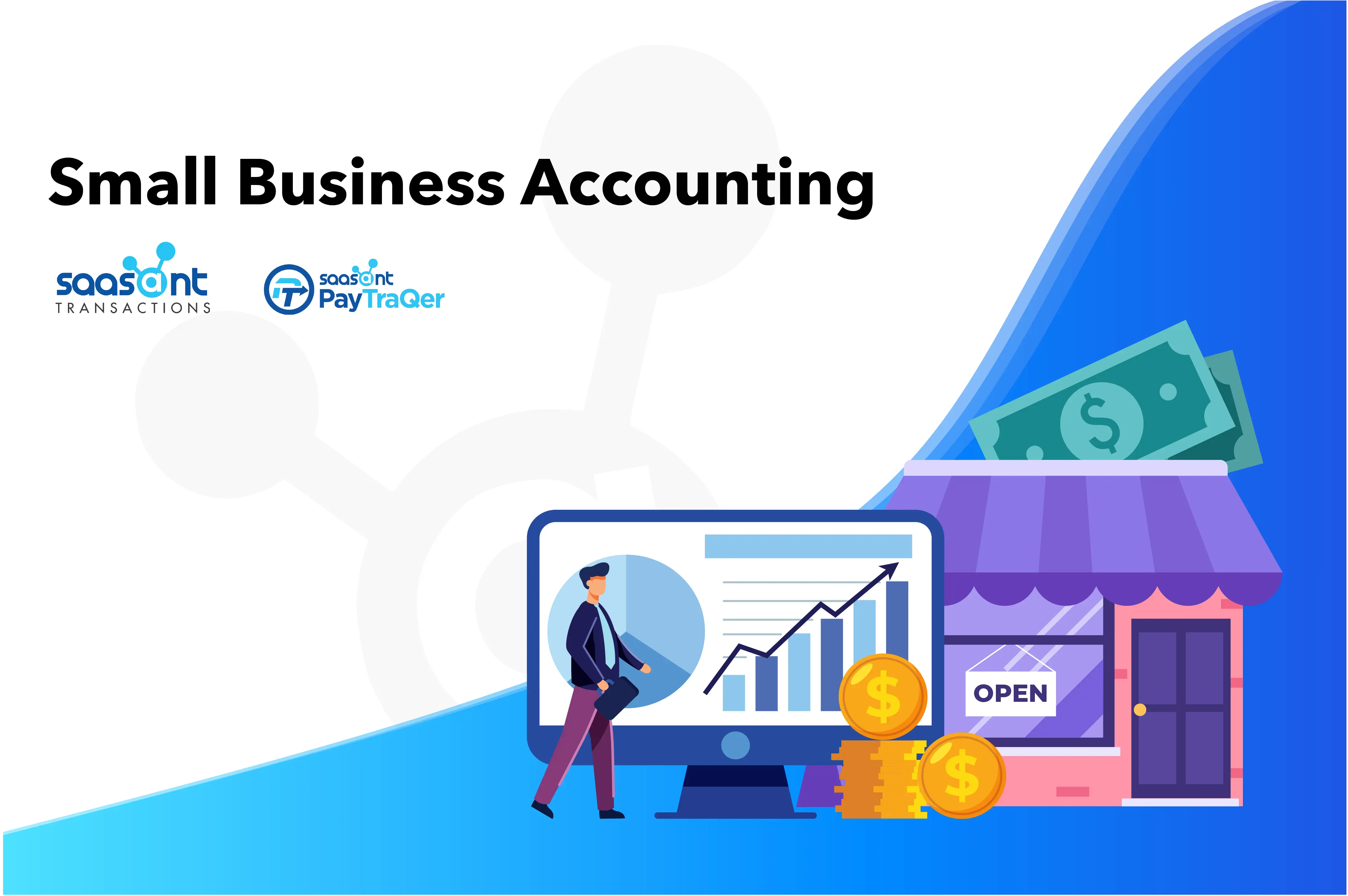
Cash flow is the lifeblood of any small business. Just as a river needs a steady flow of water to sustain life, your business needs a consistent flow of cash to keep operations running smoothly. Without effective cash management, even the most promising ventures can find themselves in troubled waters. So, how do you ensure that your small business stays afloat and thrives? Let's dive into the essentials of managing cash flow in small businesses.
Understanding Cash Flow
Cash flow is the movement of money in and out of your business. It includes income from sales, investments, and loans, as well as expenses like salaries, rent, and inventory costs. Effective cash management is about balancing these inflows and outflows to ensure you always have enough liquidity to meet your obligations.
The Importance of Cash Flow Forecasting
Cash flow forecasting is like having a roadmap for your business's financial journey. It helps you anticipate future cash needs and plan accordingly. By projecting your income and expenses, you can identify potential shortfalls and take proactive measures to avoid them.
Steps to Create a Cash Flow Forecast
- Track Your Income and Expenses: Start by recording all your income sources and expenses. This includes sales, investments, loans, salaries, rent, and other operational costs.
- Project Future Income: Estimate your future income based on historical data, market trends, and upcoming projects.
- Estimate Future Expenses: Anticipate your future expenses, including fixed costs like rent and variable costs like inventory.
- Analyze the Data: Use this information to create a cash flow forecast that shows your expected cash position over a specific period.
Small Business Accounting: The Foundation of Cash Management
Accurate accounting is the backbone of effective cash management. It provides a clear picture of your financial health and helps you make informed decisions. Here are some key aspects of small business accounting:
Keeping Accurate Records
Maintaining accurate financial records is crucial. This includes tracking all transactions, reconciling bank statements, and keeping up-to-date with tax obligations.
Using Accounting Software
Investing in accounting software can streamline your financial management. Tools like QuickBooks and Xero offer features that help you track income and expenses, generate reports, and manage invoices.
Regular Financial Reviews
Regularly reviewing your financial statements can help you identify trends, spot potential issues, and make adjustments to your cash management strategies.
Financial Planning: The Blueprint for Success
Financial planning is about setting goals and creating a roadmap to achieve them. It involves budgeting, forecasting, and strategic decision-making. Here's how you can approach financial planning for your small business:
Business Budgeting
Creating a budget is the first step in financial planning. It helps you allocate resources effectively and ensures that you stay within your financial limits.
Setting Financial Goals
Define your short-term and long-term financial goals. Whether it's expanding your product line, hiring new staff, or investing in technology, having clear goals will guide your financial decisions.
Risk Management
Identify potential risks and develop contingency plans. This could include having an emergency fund, insurance coverage, or alternative financing options.
Cash Management Strategies
Effective cash management is about optimizing your cash inflows and outflows. Here are some strategies to help you manage your cash flow efficiently:
Improving Cash Inflows
- Invoice Promptly: Send invoices as soon as possible to speed up payment.
- Offer Payment Options: Provide multiple payment methods to make it easier for customers to pay.
- Negotiate Better Terms: Negotiate better payment terms with suppliers to improve your cash position.
Managing Cash Outflows
- Control Expenses: Regularly review and control your expenses to avoid unnecessary outflows.
- Negotiate Payment Terms: Negotiate favorable payment terms with suppliers to manage your cash outflows effectively.
- Use Credit Wisely: Utilize credit facilities wisely to manage your cash flow without incurring excessive debt.
Tools and Resources for Cash Management
There are numerous tools and resources available to help you manage your cash flow effectively. Here are some recommendations:
Accounting Software
Tools like QuickBooks, Xero, and FreshBooks offer comprehensive features for cash management, including invoicing, expense tracking, and financial reporting.
Cash Flow Management Apps
Apps like Float and Pulse provide real-time cash flow insights and help you forecast your financial position.
External Links for Further Reading

Conclusion
Managing cash flow in small businesses is a critical aspect of financial health. By understanding cash flow, creating accurate forecasts, maintaining solid accounting practices, and implementing effective cash management strategies, you can ensure your business stays on track. Remember, cash flow is like the fuel that keeps your business engine running. With careful planning and proactive management, you can navigate the financial landscape with confidence.
FAQs
What is the difference between cash flow and profit?
- Cash flow refers to the movement of money in and out of your business, while profit is the amount of money your business earns after deducting expenses from revenue.
How often should I review my cash flow forecast?
- It's recommended to review your cash flow forecast at least monthly to stay on top of your financial position and make necessary adjustments.
What are some common cash flow problems in small businesses?
- Common cash flow problems include late payments from customers, unexpected expenses, and poor financial planning.
How can I improve my cash flow quickly?
- Quick ways to improve cash flow include invoicing promptly, offering discounts for early payments, and negotiating better payment terms with suppliers.
What tools can help me manage my cash flow?
- Tools like QuickBooks, Xero, and Float offer features that help you track income and expenses, generate reports, and forecast your cash flow.

By following these guidelines and utilizing the resources available, you can effectively manage your cash flow and set your small business on a path to success.
Posting Komentar